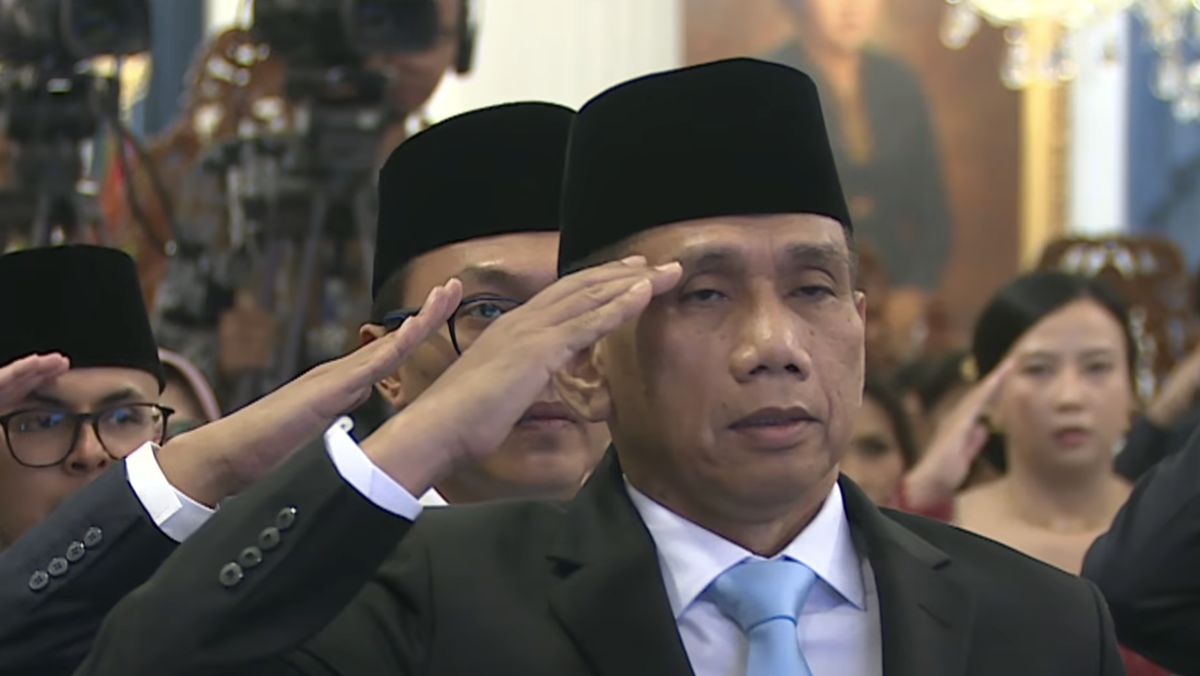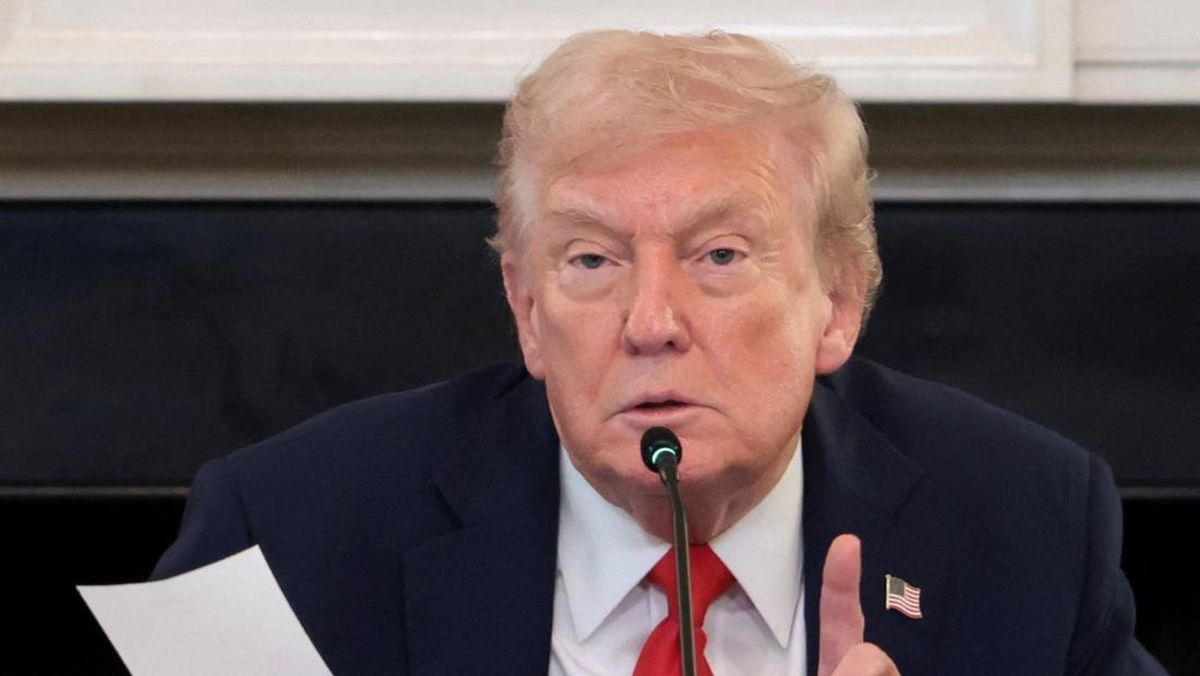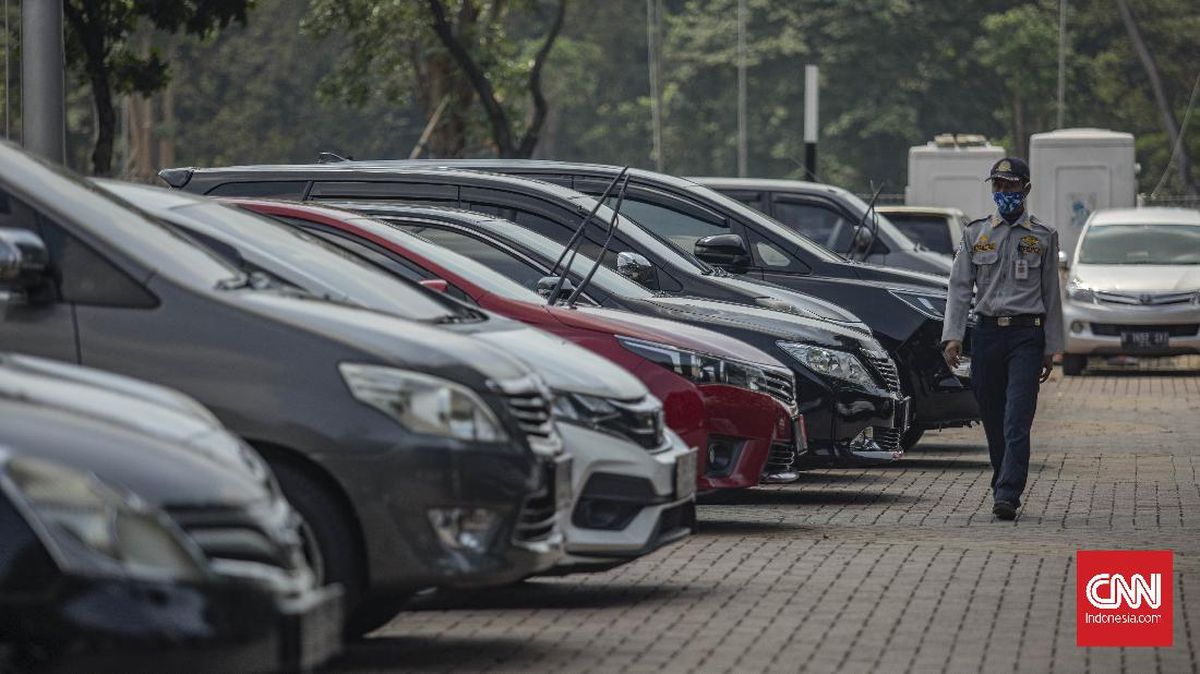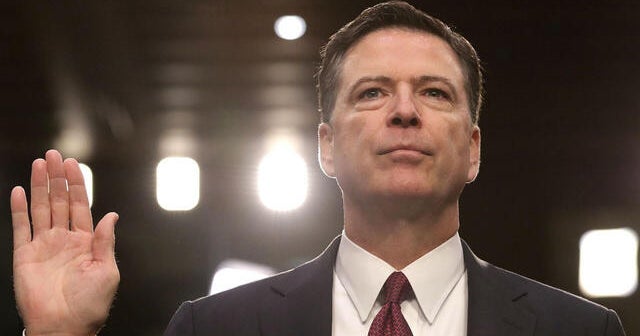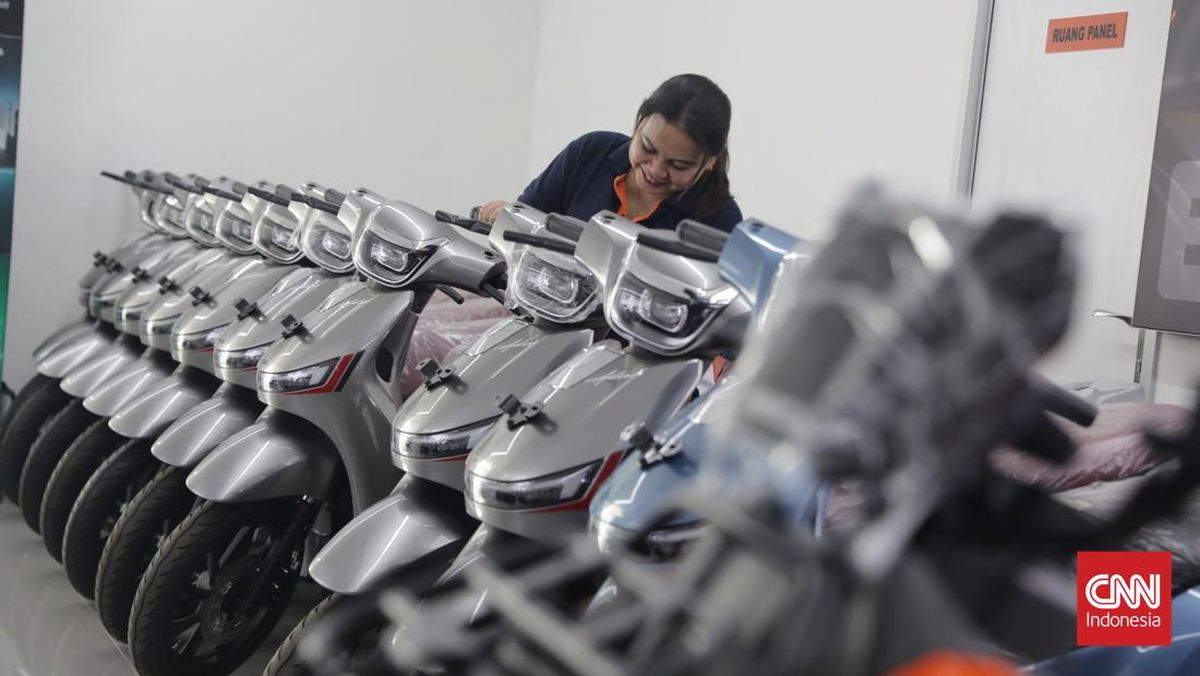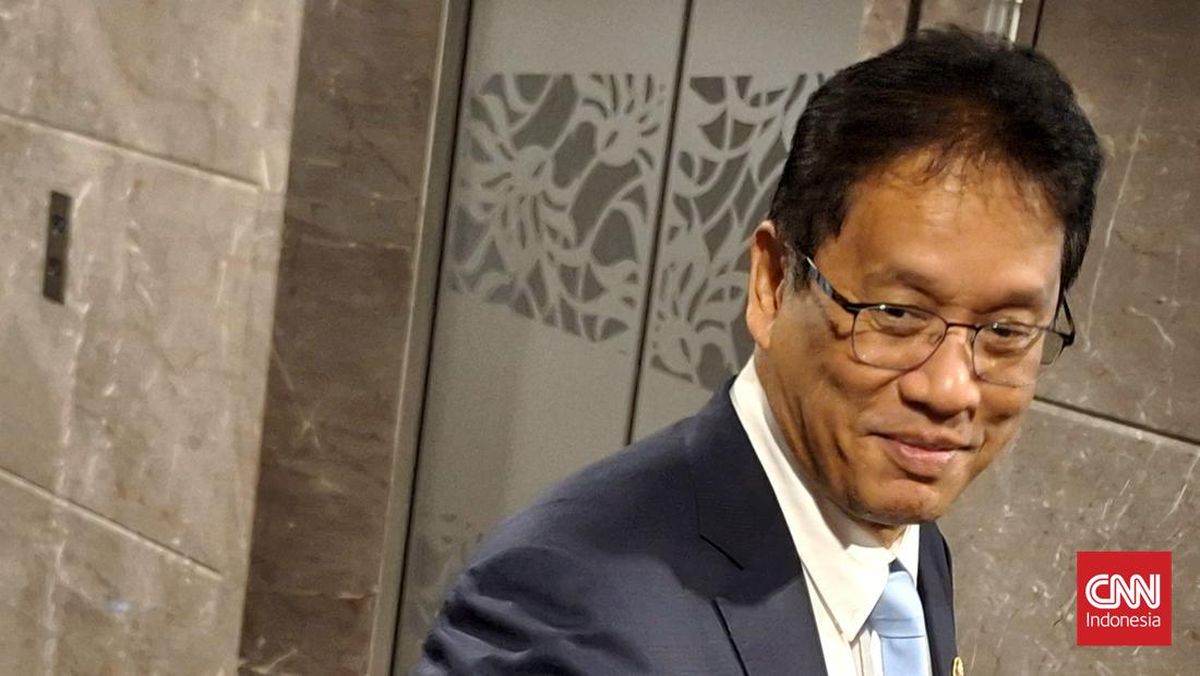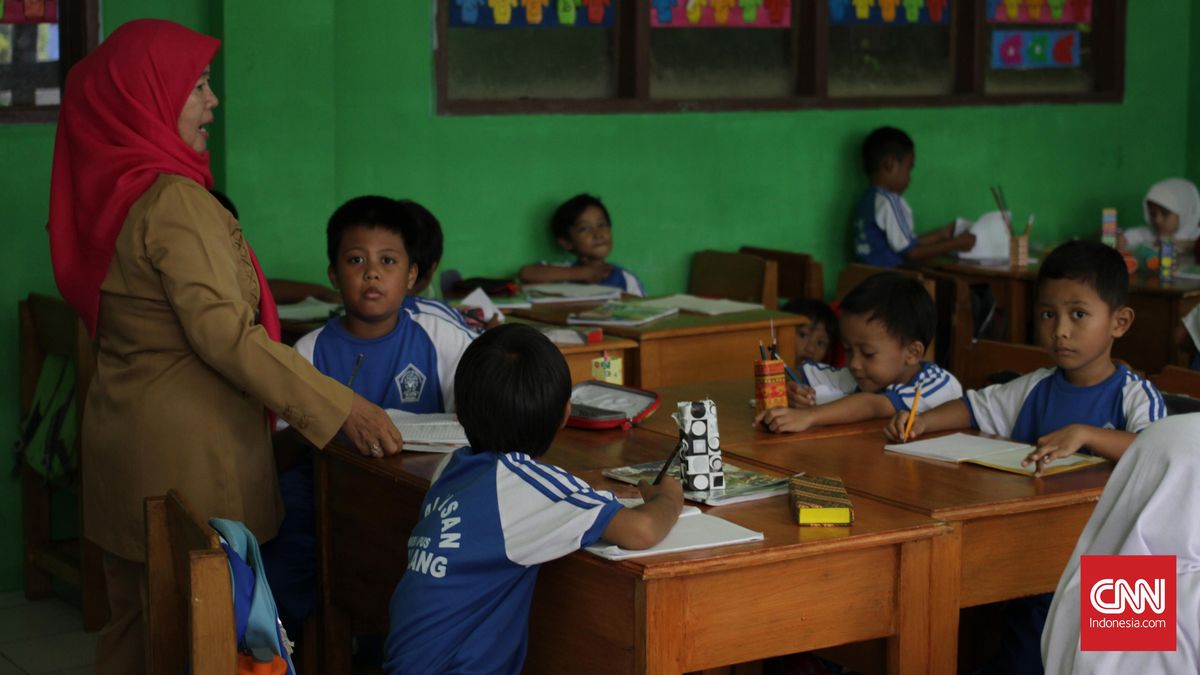Australia’s eSafety Commissioner has defended the world-first social media ban for under-16s against mounting criticism, insisting that the technology to implement it exists despite expert warnings that privacy protections are inadequate and age verification systems deeply flawed.
Julie Inman Grant told a Senate estimates hearing late on Wednesday night that six major platforms – YouTube, Facebook, Instagram, TikTok, X and Snapchat – would be age-restricted from December 10, while dismissing concerns about the viability of age assurance technology with the deadline just 62 days away.

ESafety Commissioner Julie Inman Grant during a Senate estimates hearing at Parliament House in Canberra in 2024.Credit: Alex Ellinghausen
She cited preliminary findings from a government-commissioned trial, which tested more than 50 age verification technologies, stating there are “no significant technological barriers” to implementing the ban. The government has argued that the ban is necessary to protect children from cyberbullying, harmful body image content, and exposure to misogynistic material that has been linked to mental health harms.
But some privacy experts and academics have seized on the same trial results to argue the opposite: that the ban is unworkable and exposes millions of Australians to unprecedented surveillance risks.
“We’ve consulted more than 160 organisations and 345 individuals,” Inman Grant, a former Twitter executive, told the committee on Wednesday night. “While some platforms agree with our assessment, others may challenge it. But where the preponderance of young people are – on those major platforms – we will proceed.
Loading
“We want to make sure that this is done in a way that respects all of those rights, so that we’re not cutting off their digital lifelines, particularly those who may come from disadvantaged communities or may feel more themselves online than they do in the real world.”
The full trial report, expected to provide detailed technical findings, has yet to be publicly released.
As countries such as the UK, Ireland, Singapore and Japan consider similar measures, some members of Australia’s trial advisory board have warned of what they perceive to be systemic flaws.
John Pane, chair of Electronic Frontiers Australia and a former member of the trial’s advisory board, resigned in August over what he described as deep concerns about privacy protections. He warned that the biometric data of millions of Australians could be harvested by tech giants under the guise of age verification.
“There are so many concerns with the report and so many concerns with the policy, and the way that they’ve sold this really is misleading,” Pane said at the time. He noted the trial had flagged some platforms that were building “a surveillance-level response to the entire user population”.

Communications Minister Anika Wells says online games pose fewer harms than social media platforms.Credit: Dominic Lorrimer
Australians will not be forced to provide government ID, such as passports or driver’s licenses, under the legislation, but the law will require tech giants to find alternative means of determining the age of users. At the hearing, Inman Grant clarified that digital ID could be used as one form of age assurance, but “cannot be the sole means” and “cannot be the last point of call if there’s an appeal or refusal”. She said platforms must offer alternative methods for those uncomfortable providing government identification.
When questioned about data storage concerns, particularly for platforms owned by foreign companies such as TikTok, Inman Grant said any data collected specifically for age assurance must be deleted after use under the legislation.
According to reporting by the ABC, face-scanning technology tested on school students could only guess their age within an 18-month range in 85 per cent of cases. The trial also found 16-year-olds were falsely rejected 8.5 per cent of the time.
Loading
The margin of error poses particular challenges for the 16-year threshold. Studies by the United States’ National Institute of Standards and Technology show algorithms “fail significantly when attempting to differentiate minors” of various ages. Even the best age-estimation software, Yoti, has an average error of one year. At worst, some software mistakes an age by 3.1 years on average, meaning 16-year-olds could be assessed anywhere from 13 to 19.
RMIT professor Lisa Given, who analysed the government’s policy, said: “I don’t think the ban is viable”.
Adding to the confusion, significant uncertainty remains about which platforms will actually be captured by the ban. While Instagram, TikTok, Facebook and Snapchat are explicitly named, popular gaming platforms like Roblox, Fortnite and Minecraft have been excluded. Communications Minister Anika Wells has repeatedly said online games pose fewer harms than social media platforms, though academics warn that many children spend more time online in these games than on TikTok.
Google and YouTube have reportedly conveyed to the eSafety Commissioner that they don’t consider themselves covered by the ban, despite Inman Grant’s preliminary assessment that YouTube should be included. She told the Senate hearing that the office has “a different view” and will continue engaging with the platforms, though companies can dispute their designation and “provide additional information that will change the assessments”.
Minutes from a March advisory board meeting have also revealed Apple “has been unresponsive, despite multiple outreach attempts”, while Meta chief executive Mark Zuckerberg indicated in January that his company would “push back more aggressively against international regulations that threaten its business model”.

Meta chief executive Mark Zuckerberg has flagged resistence to regulation.Credit: Bloomberg
Wells has repeatedly characterised the ban as being “on the side of parents and not platforms”, with surveys showing nine out of 10 Australians support the idea. However, the same surveys reveal nearly 80 per cent of respondents have privacy and security concerns about implementation.
Inman Grant defended the government’s approach at the hearing, saying: “I think it’s bold and it’s novel, and there is no playbook to write it.”
“New Zealand’s passed a similar law. Papua New Guinea’s passed a similar law. There are 15 countries in Europe that are looking to us,” she said.
Inman Grant told senators her office would release resources, including seminars, webinars, how-to guides and conversation starters, in the coming week to help parents and teenagers prepare for the “monumental event” of the ban’s start on December 10.
Cut through the noise of federal politics with news, views and expert analysis. Subscribers can sign up to our weekly Inside Politics newsletter.
Most Viewed in Technology
Loading

